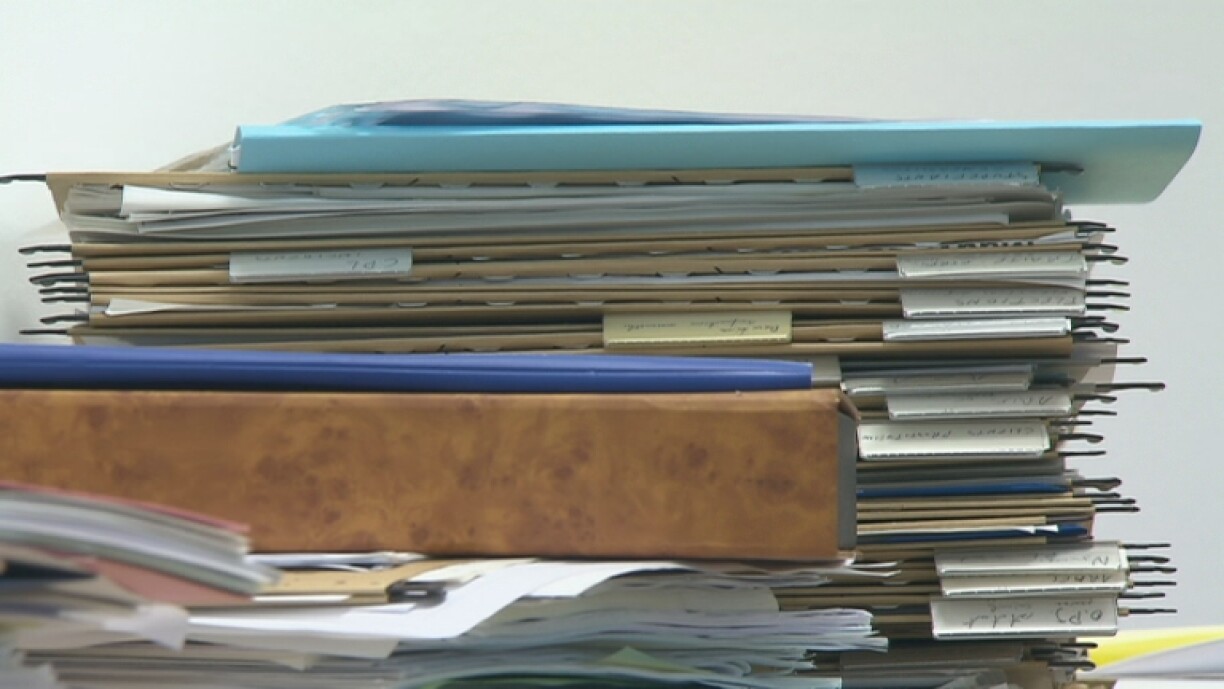
At the conference relating to the handling of private data in criminal cases, public prosecutor Martine Solovieff was firm in her statement: “No, citizens are not recorded individually.” The conference was triggered by extensive reporting on the existence of ‘secret criminal records’, which the public prosecutor’s office described as an ambiguous affair where both ‘confusion’ and ‘speculation’ were quick to provoke excitement.
Solovieff and deputy public prosecutor Jeannot Nies stated adamantly that “secret criminal records do not exist.”
However, as MPs pointed out during Wednesday’s parliamentary commission meeting, there is a records system that is very real. This records system consists of police files (including police minutes and reports) and exists alongside the legal authorities’ Ju-Cha computer system (Criminal Justice Chain – Justice Chaîne Pénale). The latter is a database that can be accessed by up to 630 members of the public prosecutor’s office, only when necessary and within a strict framework.
If anything, the press conference was held in order to clarify the distinction between official criminal records and internal justice computer systems, details that are usually, and for obvious reasons, kept on the down low.
In order to access data concerning a person or business of interest ‘quickly and efficiently’, the authorities developed a specific tool to this end in 2009. Then, while there was a period between 1991 and 1994 that was marked by an absence of a clear legal basis, the system is now centred on the law of August 2018 and the General Data Protection Regulations.
Since its launch, Ju-Cha has filed details on 667,130 registered individuals. While this seems to surpass the country’s population, this is due to the fact that individuals can appear multiple times, Nies explained. This occurs when victims become ‘civil parties’, each new case incurring a new entry, even if said victim already had a previous file.
In any case, the public prosecutor’s office guaranteed that the system does not name individual citizens.
The data is available for different periods depending on the circumstances: two years for transgressions and three years for crimes. After this time has passed, the data is not deleted but archived and locked. Magistrates alone have the power to retrieve it, however they can only do so under under certain conditions. This allows the prosecutor to decide whether or not prosecution is necessary.
By means of an example, the matter of DNA being identified years after a case has been closed would allow justice authorities to reopen files in order to compare data and reach new conclusions. As Solovieff specified, the authorities must seek a balance between individual privacy and public security, highlighting that there is no intention to keep records on the entire population.